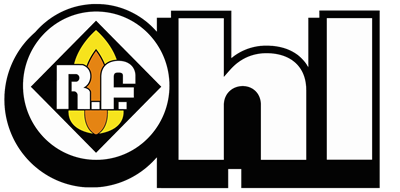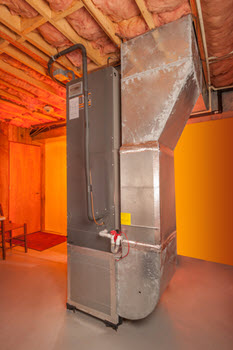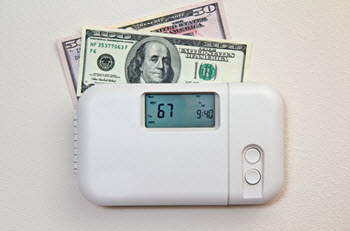HVAC
Best Ways To Manage Dry Air In Your Home
In the winter, you will find that the air in your home is dry. With low temperatures, comes low humidity. Cooler air outdoors is unable to hold very much moisture. Warmer air is capable of holding more moisture than cooler air. However, the moisture content of the air inside a house does not increase by…
Read MoreThe Ultimate Guide To Carbon Monoxide
When fossil fuel is burned by a heating system, it produces by-products. Those by-products include carbon monoxide, moisture, and carbon dioxide, among others. Hydrogen sulfide and sulfur dioxide are sometimes produced depending on the purity level of the hydrocarbon fuel. Since carbon dioxide and moisture are natural elements in the air, under normal conditions they…
Read MoreInteresting Facts About Home Heating Methods Of Years Gone By
Modern conveniences, such as a controlled indoor environment, have helped to make weather a minor concern. Whether it is cold or hot outside, you can set the inside of your home to a specific temperature. In this way, all residents of the house can remain comfortable at any time during the year. Home Heating Before…
Read MoreWhat Is A Forced-Air Heating System?
There are several types of space-heating systems available today. Some are more common than others. Some homes use hydronic heating systems and others that use geothermal heat pumps as their source of heat. Other houses use more common heating methods such as space heaters or forced air systems. Regardless of the type of system that…
Read MoreHow Warm Should I Keep My House In The Winter?
Depending on factors such as whether or not your home is occupied and the time of day, your thermostat should be set anywhere between 66°F and 72°F. Most HVAC experts recommend these settings. In reality, however, you probably set your thermostat based on a broad range of factors, including your personal temperature preference and the…
Read More




